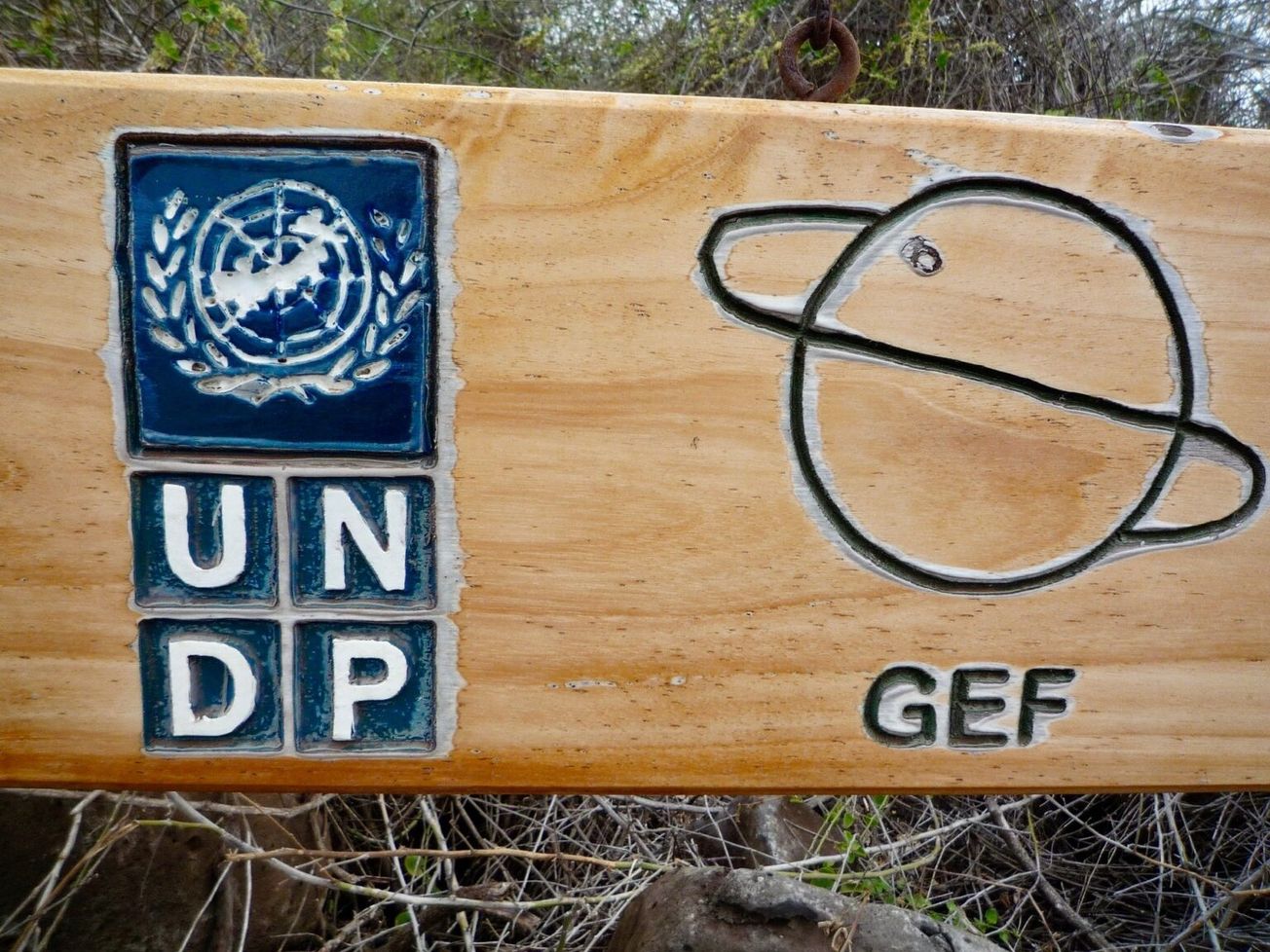The U.N. Development Program said in response to a news article on Monday it examined possible "misuse of funds" affecting almost US$100 million in Global Environment Facility-funded projects.
The Financial Times reported that a draft internal audit by UNDP in November found millions of dollars in "financial misstatements" among GEF-funded climate projects. The report, citing documents "seen" by the FT, said the draft internal audit showed indications of fraud at two country offices and suspected collusion among project managers at another unnamed country office.









